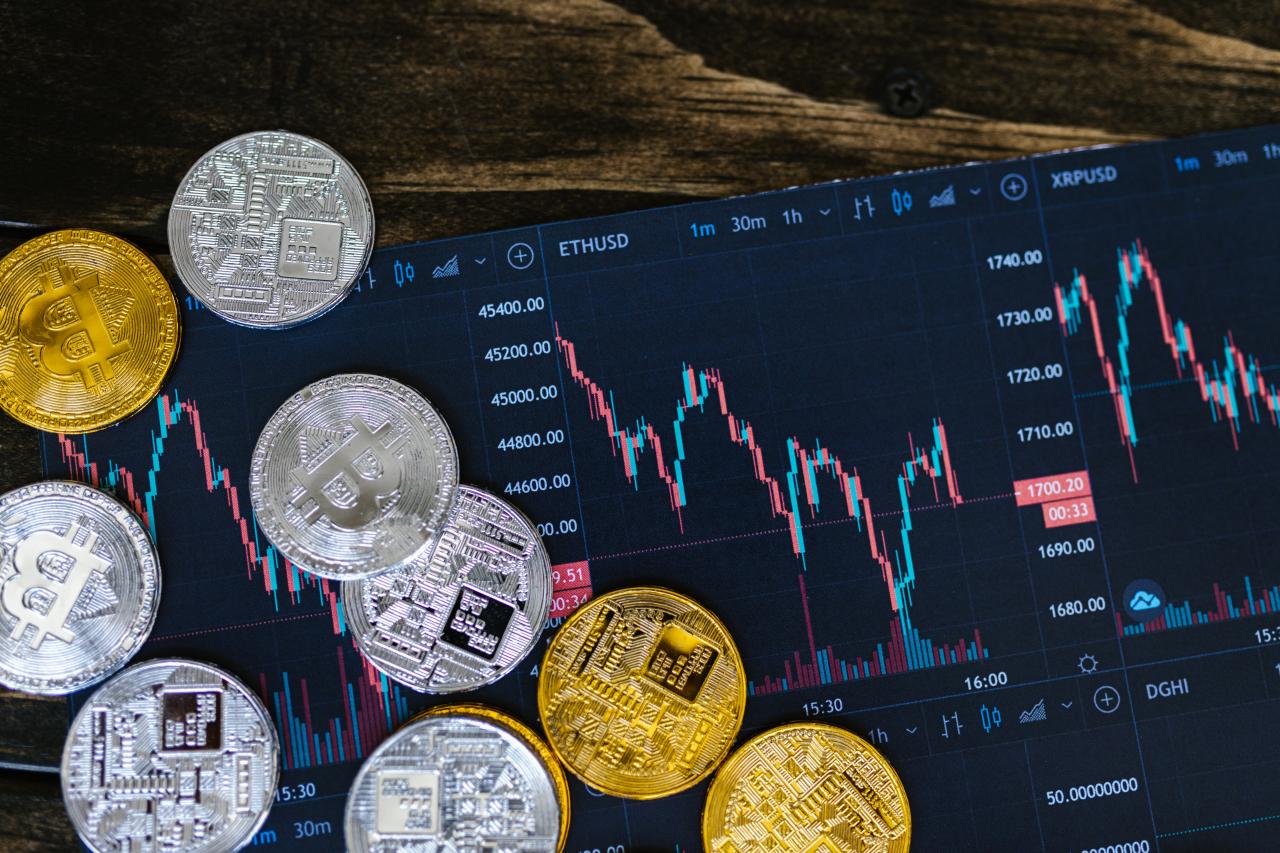What do you think the next step should be once you’ve bought Bitcoin? You’ll need a place to save it, right? In this read, we’ll discuss how to manage a bitcoin wallet for those who are new to the bitcoin world.
Need For Wallet?
Bitcoin, a digital currency, has become one of the world’s most popular currencies and is constantly rising. If you’re interested in buying and selling Bitcoins, you’ll need an electronic wallet to keep your funds safe. It’s just like putting money in your physical wallet. However, the Bitcoin wallet also saves the information needed to retrieve any Bitcoin stored in your wallet. Another advantage it provides is that you can also save any other cryptocurrency. A private key is associated with the storage of these coins, and it is required at the time of any transaction. Let’s talk more talk about how Bitcoin wallet works.
How Does A Bitcoin Wallet Work?
As previously discussed, a key is required to send and receive Bitcoins. For sending Bitcoins, you’ll need a private key, and for receiving bitcoins, you’ll need a public key that you can share with anyone because the keys used for receiving bitcoins are public.
Make sure to use a different key each time you buy a Bitcoin to increase your privacy. Because if you use the same key every time you receive a Bitcoin, anyone can view your payment history. In terms of cost, if you’re only using the wallet to store Bitcoin, it won’t cost you anything. But if you want to exchange Bitcoin, you’ll have to pay a fee.
Different Types Of Bitcoin Wallets
There are different categories that work with different types of bitcoin wallets in this; you can select according to your need.
If you are a frequent Bitcoin buyer who is likely to make product purchases regularly, a mobile wallet will work best for you. It functions similarly to a mobile application in which you need to keep your bitcoin and can make purchases through it. The drawback with this type is that they are readily hacked. For example, if you lose your smartphone, someone could access your bitcoin wallet. As a result, these wallets are preferable for minor transactions.
You can use desktop wallets to increase the security of your bitcoin wallet. They are installed on your desktops, as the name implies. When it comes to security, they’re better because they don’t rely on third parties like mobile wallets. Their disadvantage is that, even though the system has been moved to a desktop, the device is still connected to the internet, increasing the risk of hacks, making it less secure. They’re better for little transactions, just like mobile wallets.
Hardware wallets, the next type, is the safest way to store bitcoins. They’re kept on a secure physical device vulnerable to computer bugs. They can’t be transferred and may include a specific security mechanism that verifies your transaction details. It’s one of the most secure wallets, but only if you get it from a reputable website. Before you buy, check the website for credibility because there are a lot of scammers out there.
Final Thoughts
Just like your money needs a physical wallet or a bank account, the same is with Bitcoins. The security of Bitcoin is determined by the wallet you use. If you’re interested in investing in Bitcoins, you can secure them by choosing the correct wallet.

